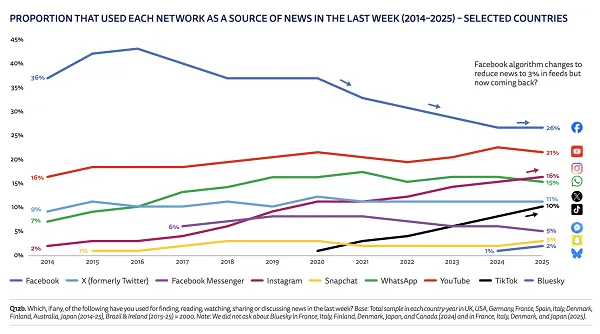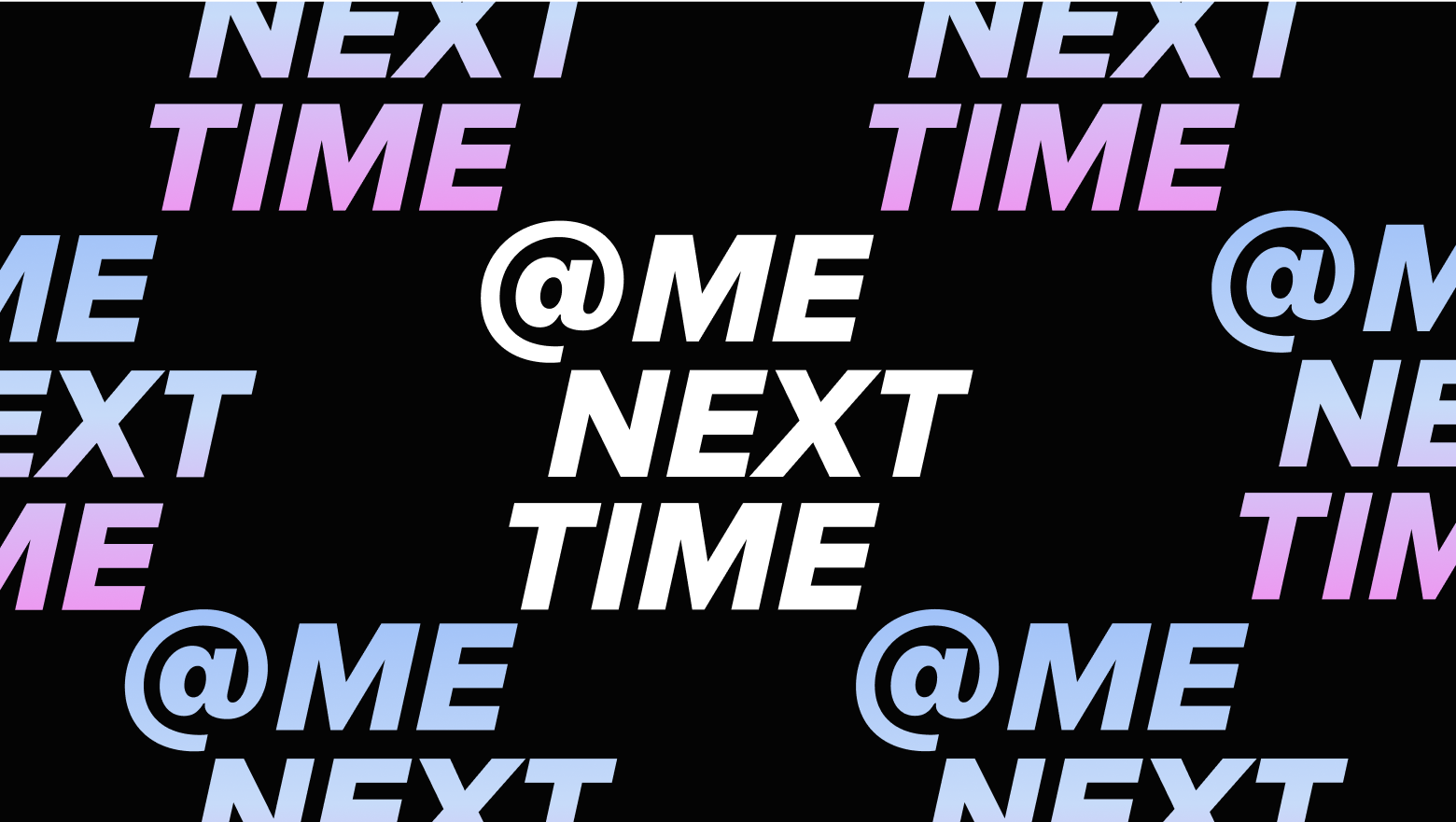5 Reasons a Literary Agent Isn’t Going to Steal Your Story, Make Millions, and Cut You Out
A common anxiety for authors querying their debut is fear of someone stealing their story idea. Here’s why it’s not an actual threat.


Today’s guest post is by author and freelance editor Sarah Chauncey.
Anxiety can arise for writers in many different ways across the span of a career. For those querying their debut, it often manifests as fear someone will steal their story idea or full manuscript. The anxiety and fear are real and painful emotions, yet it may be reassuring to know this is not an actual threat.
Every year, I see social posts by writers concerned about the following clause in some agencies’ submission terms and conditions agreement (TCA). This one is from United Talent Agency’s submission guidelines.
I recognize that you and your clients have access to and/or may create or have created literary materials and ideas which may be similar or identical to said material in theme, idea, plot, format or other respects. I agree that I will not be entitled to any compensation because of the use of any such similar or identical material which may have been independently created by you or any such client or may have come to you or such client from any other independent source.
The writers bristle because they think this sounds suspicious. It is important to be careful about agency scams, but those scams aren’t interested in your manuscript. They’re after your money.
When writers point to this clause, they’re typically afraid that an agent or agency will take their manuscript, publish it as their own and make millions, while cutting out the original author.
However, in the context of a TCA for agency submissions, this clause is not a red flag. Here’s why.
1. This is primarily a TV clause.
It’s typically seen in what Jane Friedman calls “mega-agencies,” massive conglomerates that represent not only book authors but also TV and film screenwriters, directors, podcasters and more. It’s not unusual for an agency to use the same boilerplate language across all departments.
Here’s why that clause exists: To find an agent, most TV writers write spec (speculative) scripts for an existing TV series—say, Hacks or Severance. One purpose of specs is to show an agent that the writer understands how to develop and execute a story within the confines of canonical character, voice, genre tone and audience expectations (among other things, like act structure and running time).
In the case of TV spec scripts, writers are dealing with established worlds and established characters who have established personalities, relationships and histories—which narrows the potential conflicts (stories) that can fit those constraints. In fact, TV writers are told not to write specs for the shows they want to work on, in part because there may well be a similar storyline in progress in the writers room.
I first encountered this clause twice as an aspiring sketch TV writer in the 1990s. The first was a standard release before I could share my work with a William Morris agent. (Before you get too impressed, I was a hip-pocket, aka informal, client and never actually signed with them.) A junior agent submitted me for numerous late-night sketch shows, and for each one, as is the norm, I created a different packet of sketches that fit the show.
For Saturday Night Live, which hires people to write with and for specific cast members, I was told to write possible sketches for Adam Sandler, Ellen Cleghorne and Rob Schneider. The idea was to show I understood their voices and senses of humor. I signed another release in order for my packet to be considered. These comedians had defined personas, so it was likely other writers would come up with similar ideas. Not surprisingly to anyone who knows me, I was rejected.
2. Agents aren’t looking for story ideas.
Agents receive several hundred queries a week. While every agent wants to find the next New York Times bestseller, if your story and execution are that exceptional, and if they see an established audience for your work, they’ll probably offer representation.
Story ideas are a dime a dozen (maybe even a penny). Just ask any writer whose drunken Uncle Arthur cornered them over the brussels sprouts one Thanksgiving to tell them a story “you have to write” before swearing it will make the author millions, and he won’t even ask for payment. (Explaining the financial realities of the writing life to oblivious relatives is an occupational hazard.)
All of us love having written. But the writing and revision process are fraught with frustrations. This is one reason it helps to have an editor in your corner to celebrate your wins, encourage you through challenges, and help you improve your manuscript.
Agents are looking for clients who have wrestled with that entire process, who have talked themselves out of giving up over a span of years or even decades, and who have surfaced with a unique story told in a fresh voice.
3. Copyright protection isn’t what you think.
Copyright protection is based on the unique way in which a story is expressed. Although everyone has a book idea, very few people sit down to write one. Even fewer complete their manuscript, and fewer still put in the work to revise until it’s strong enough to query. If you’re querying agents and your manuscript is truly ready, you’ve done more work than 99% of aspiring authors.
You don’t have to actually do anything to protect your manuscript. The U.S. Copyright Act of 1976 states:
Copyright protection subsists, in accordance with this title, in original works of authorship fixed in any tangible medium of expression, now known or later developed, from which they can be perceived, reproduced, or otherwise communicated, either directly or with the aid of a machine or device.
Your laptop, tablet, desktop, phone or even voice recorder is “a machine or device.” Your manuscript is a particular expression of a particular idea and therefore your manuscript is protected by copyright as soon as you write it.
If an agent sees potential in your manuscript but thinks it would be stronger with a few tweaks, they’ll likely ask for an R&R (revise and resubmit). It’s far too much work for an agent to ask one of their existing clients to rewrite an unsold book on spec.
4. Even in the unlikely event your idea or story were stolen, another writer’s execution would be entirely different.
Back in the day, I wrote and produced a sketch comedy showcase at The Duplex in Greenwich Village. One of my sketches was about a family where the father was obsessed with standardized testing, in particular the SAT—a concept inspired by my own father’s obsession.
At the time, I had an office at Comedy Central, where I wrote promos for series like Kids in the Hall and Mystery Science Theater 3000. I also used the office to work on the Duplex sketches. As I wrote new drafts, I tossed old printouts in the trash.
I moved out of that office to make space for a writer from MTV’s short-lived but star-making sketch show The State. A year later, a friend contacted me and said, “The State stole your SAT sketch.”
Here’s what I understand now: Knowing the vibe of MTV—my full-time job was at its sister channel VH1—I know that my writing would have been a terrible fit for The State, just as it would have been for Adam Sandler or Rob Schneider. I’m confident the MTV sketches bore zero resemblance to my original, regardless of whether they stole my idea.
5. Different people do often write similar stories at the same time.
In Big Magic, Elizabeth Gilbert refers to ideas as living entities looking for a human through whom they can be expressed. In her work, and in my experience, if one person declines to pursue an idea, that idea will move on to another person.
Many others reiterate similar themes. Julia Cameron’s The Artist’s Way talks about the artist as a channel for divine creativity. Steven Pressfield’s The War of Art and Rick Rubin’s The Creative Act describe the same concept in secular terms.
Swiss psychoanalyst Carl Jung is the granddaddy of this theory, that ideas swirl in the collective unconscious and we all have access to them. Therefore, two or more people might independently explore similar ideas simultaneously. This phenomenon is part of a pattern he called synchronicity.
There is enough for all of us.
There are enough ideas to go around. I promise. There’s no scarcity of ideas or of ways to express those ideas creatively. Pay attention to your insights, and original ideas will surface. In the meantime, go ahead and hit send on that query.












.png)
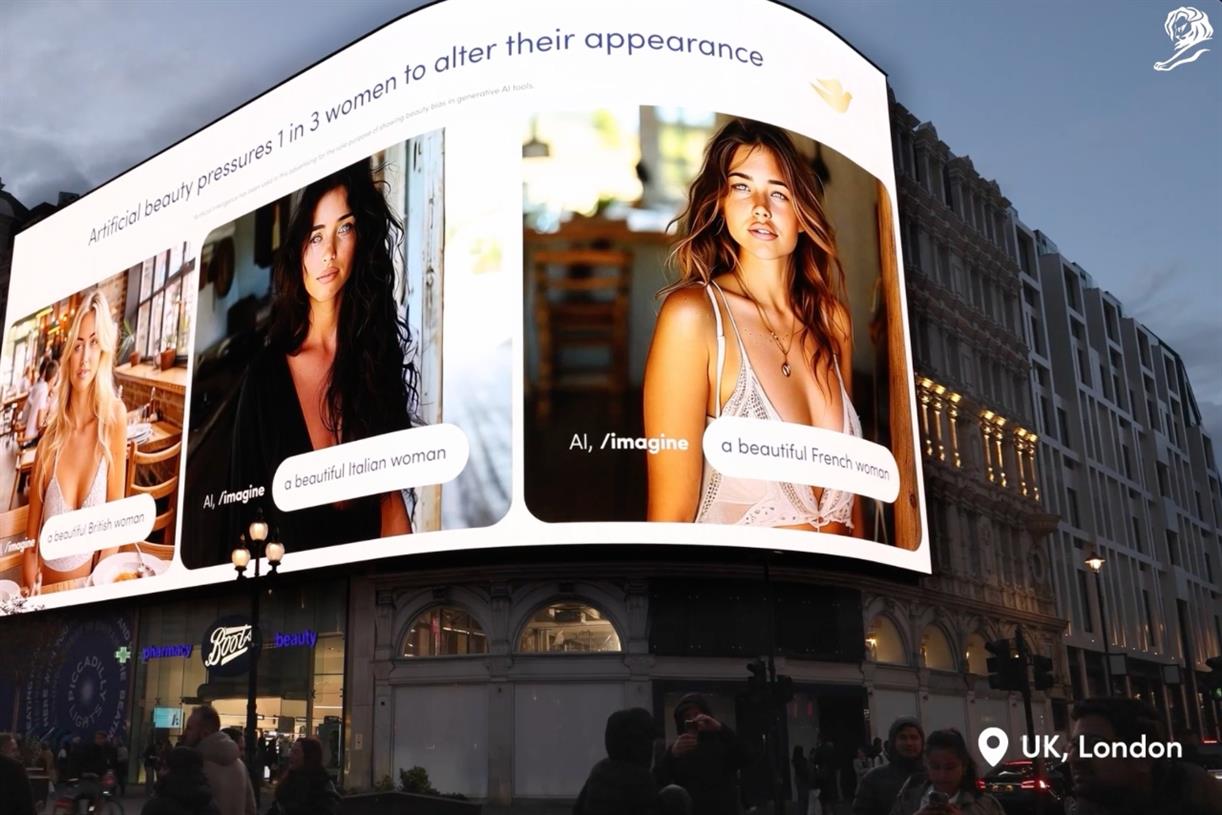

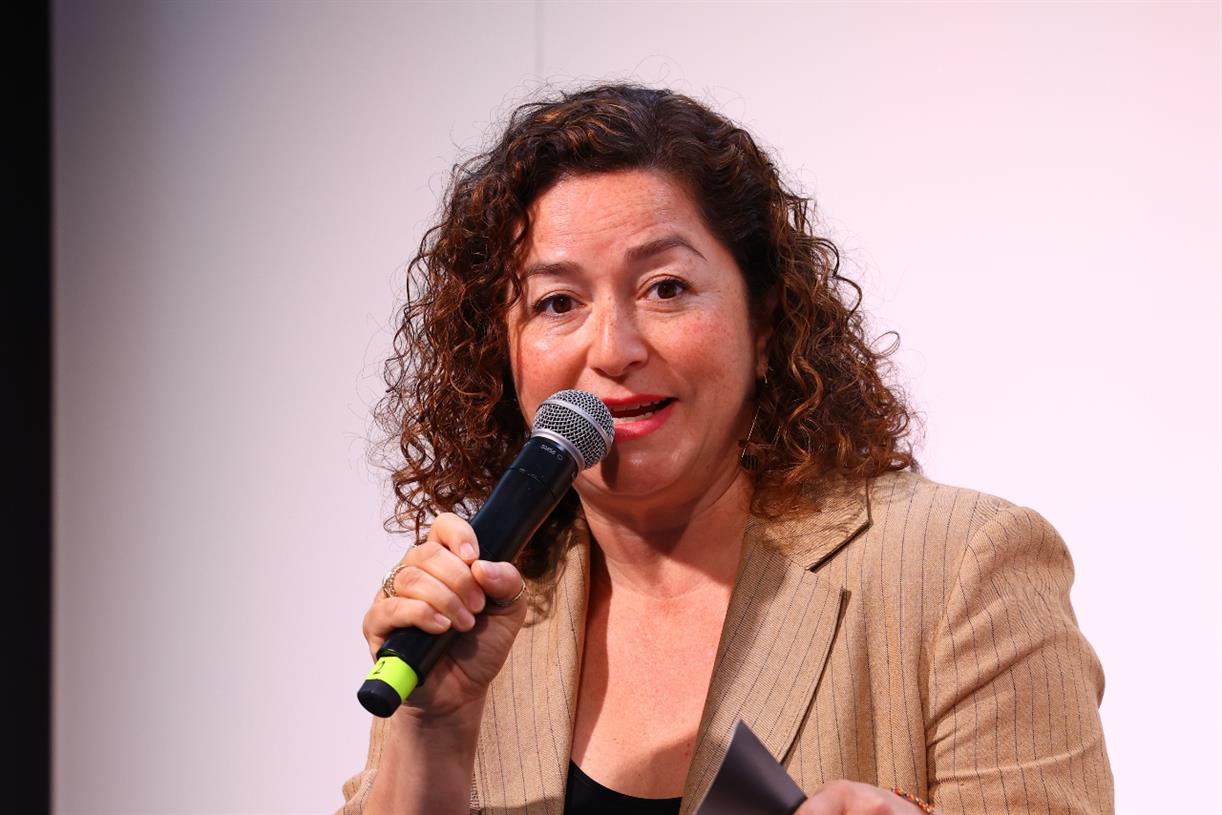

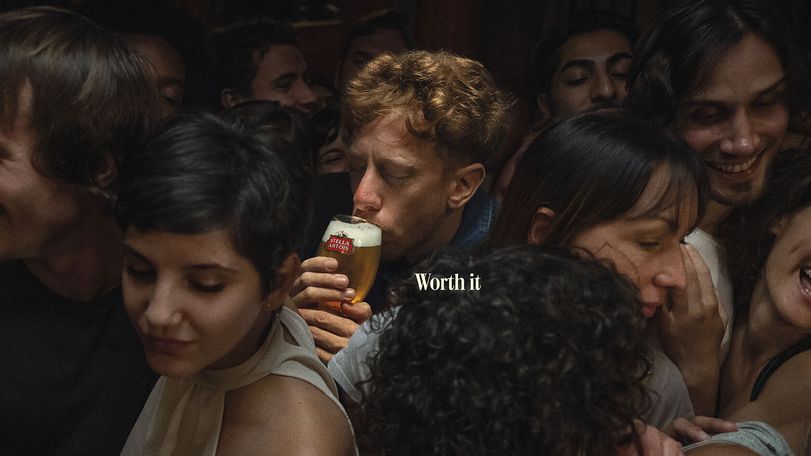









![How To Drive More Conversions With Fewer Clicks [MozCon 2025 Speaker Series]](https://moz.com/images/blog/banners/Mozcon2025_SpeakerBlogHeader_1180x400_RebeccaJackson_London.png?auto=compress,format&fit=crop&dm=1750097440&s=282171eb79ac511caa72821d69580a6e#)

![Brand and SEO Sitting on a Tree: K-I-S-S-I-N-G [Mozcon 2025 Speaker Series]](https://moz.com/images/blog/banners/Mozcon2025_SpeakerBlogHeader_1180x400_LidiaInfante_London.png?auto=compress,format&fit=crop&dm=1749465874&s=56275e60eb1f4363767c42d318c4ef4a#)





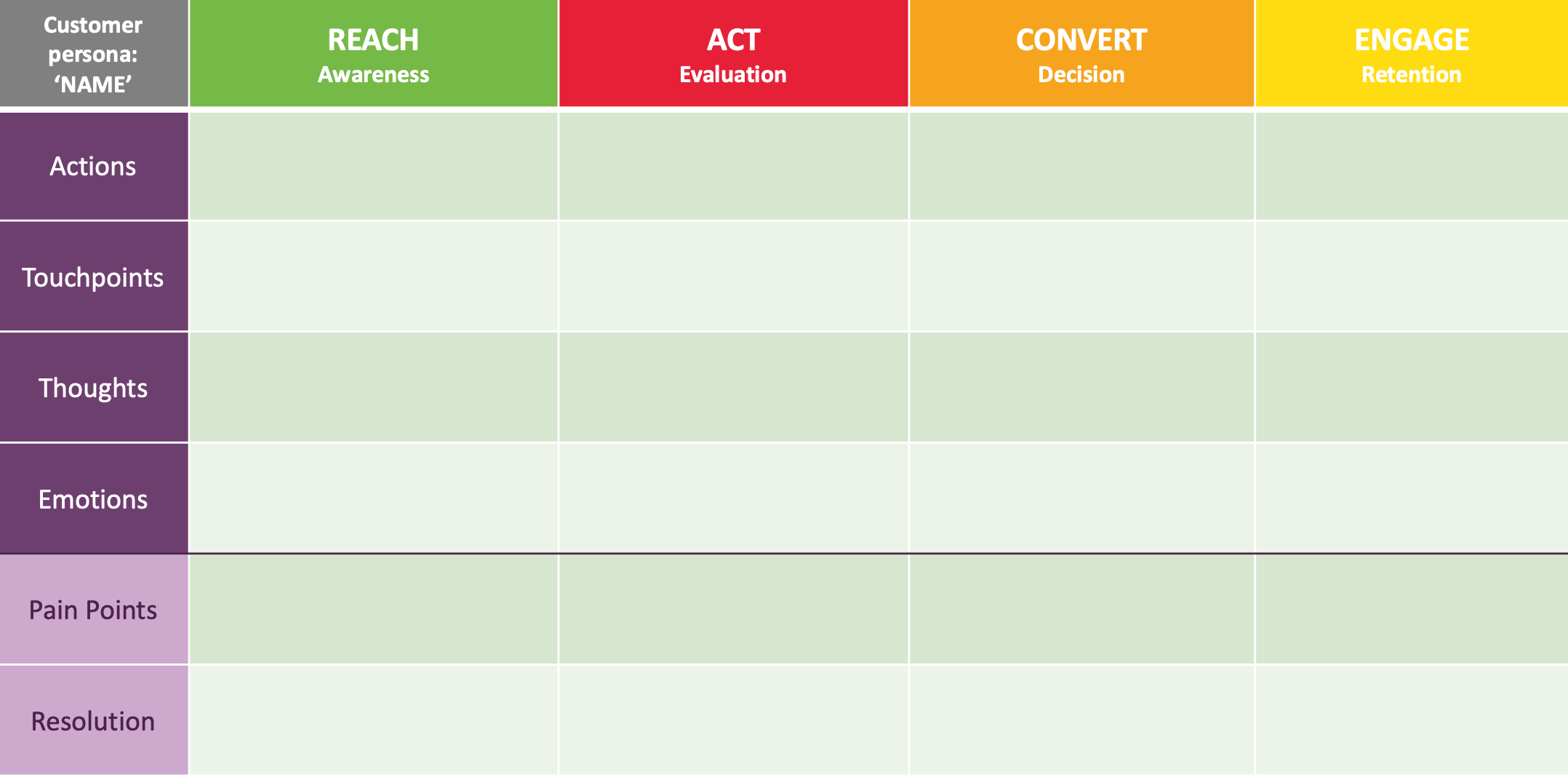















![The 11 Best Landing Page Builder Software Tools [2025]](https://www.growthmarketingpro.com/wp-content/uploads/2024/04/best-landing-page-software-hero-image-1024x618.png?#)



















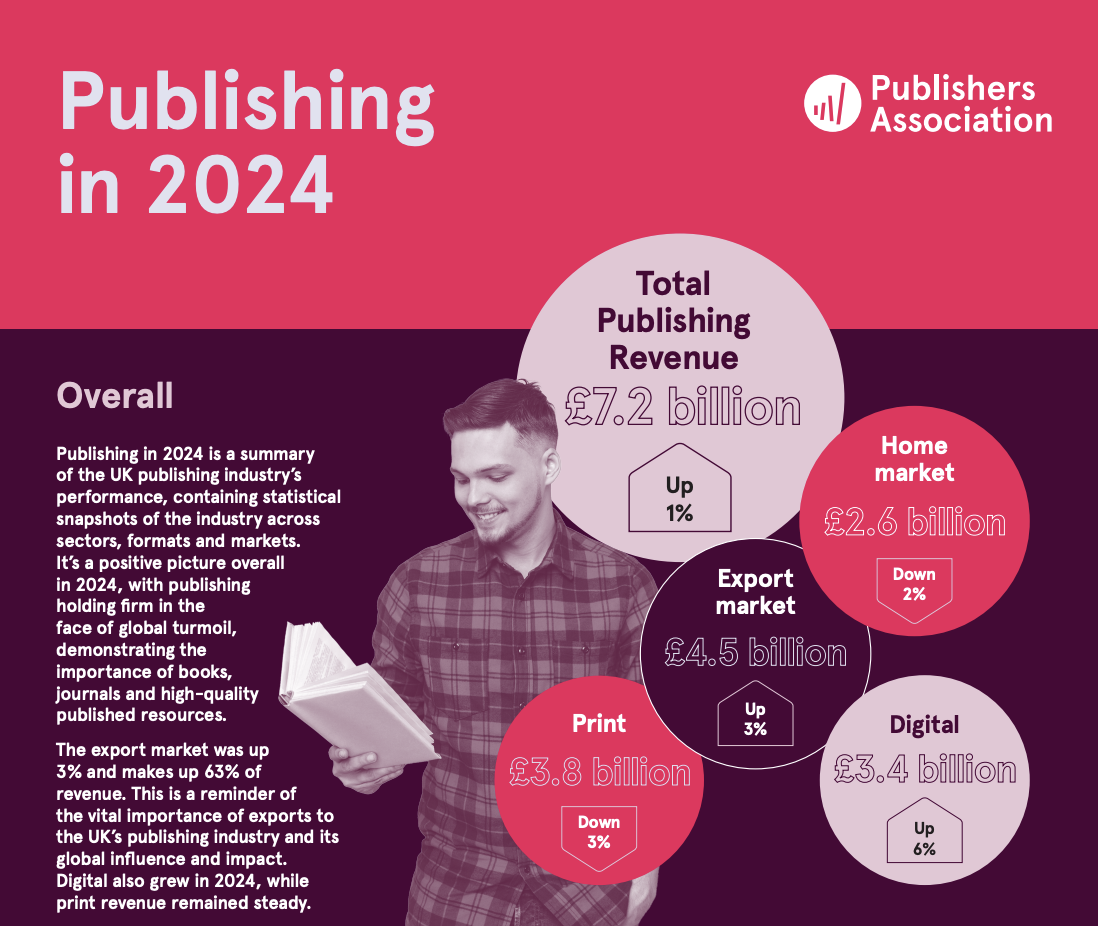



















![How to Create an SEO Forecast [Free Template Included] — Whiteboard Friday](https://moz.com/images/blog/banners/WBF-SEOForecasting-Blog_Header.png?auto=compress,format&fit=crop&dm=1694010279&s=318ed1d453ed4f230e8e4b50ecee5417#)
![How To Build AI Tools To Automate Your SEO Workflows [MozCon 2025 Speaker Series]](https://moz.com/images/blog/banners/Mozcon2025_SpeakerBlogHeader_1180x400_Andrew_London-1.png?auto=compress,format&fit=crop&dm=1749642474&s=7897686f91f4e22a1f5191ea07414026#)

![AIO Hurting Traffic? How To Identify True Loss With GA4, GSC & Rank Tracking [Webinar] via @sejournal, @lorenbaker](https://www.searchenginejournal.com/wp-content/uploads/2025/06/stat-sej-webinar-june-2025-668.png)








![AI Content Is 4.7x Cheaper Than Human Content [+ New Research Report]](https://ahrefs.com/blog/wp-content/uploads/2025/06/ai-content-is-4.7x-cheaper-than-by-ryan-law-data-studies.jpg)

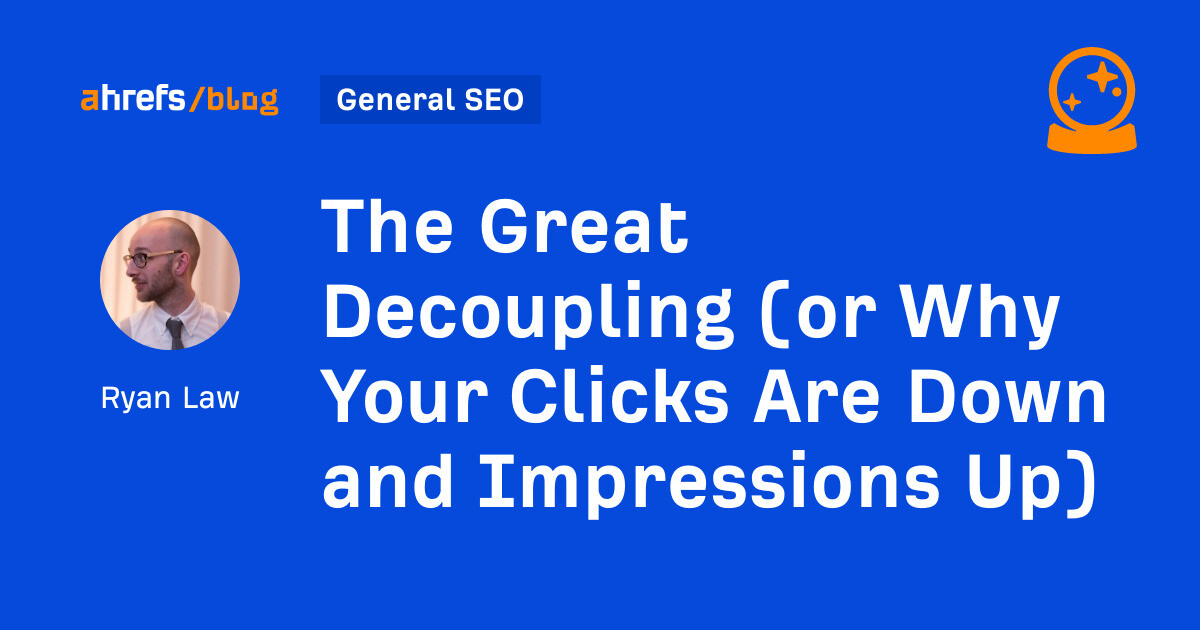













![Brand pitch guide for creators [deck and email templates]](https://blog.hootsuite.com/wp-content/uploads/2022/06/brand-pitch-template.png)

















